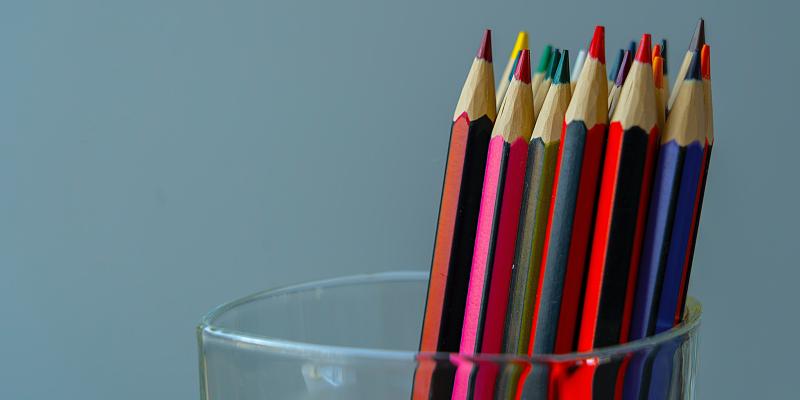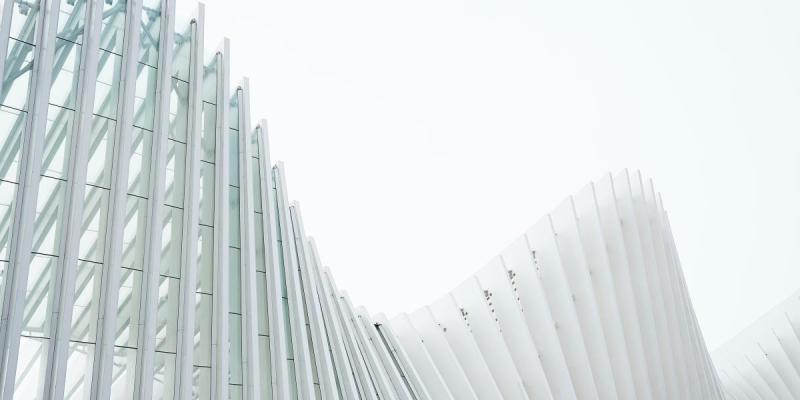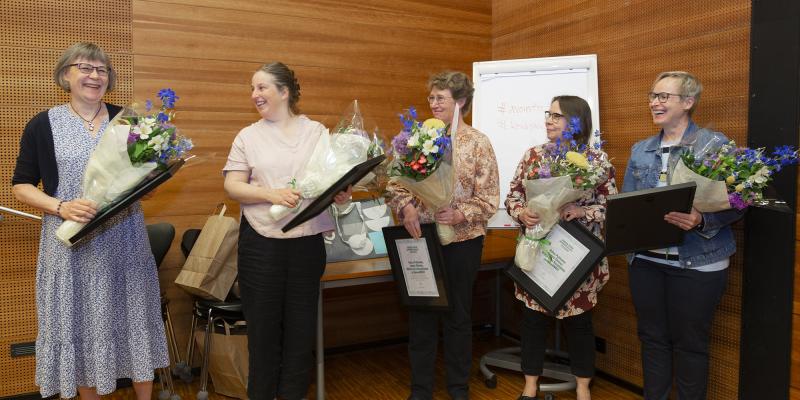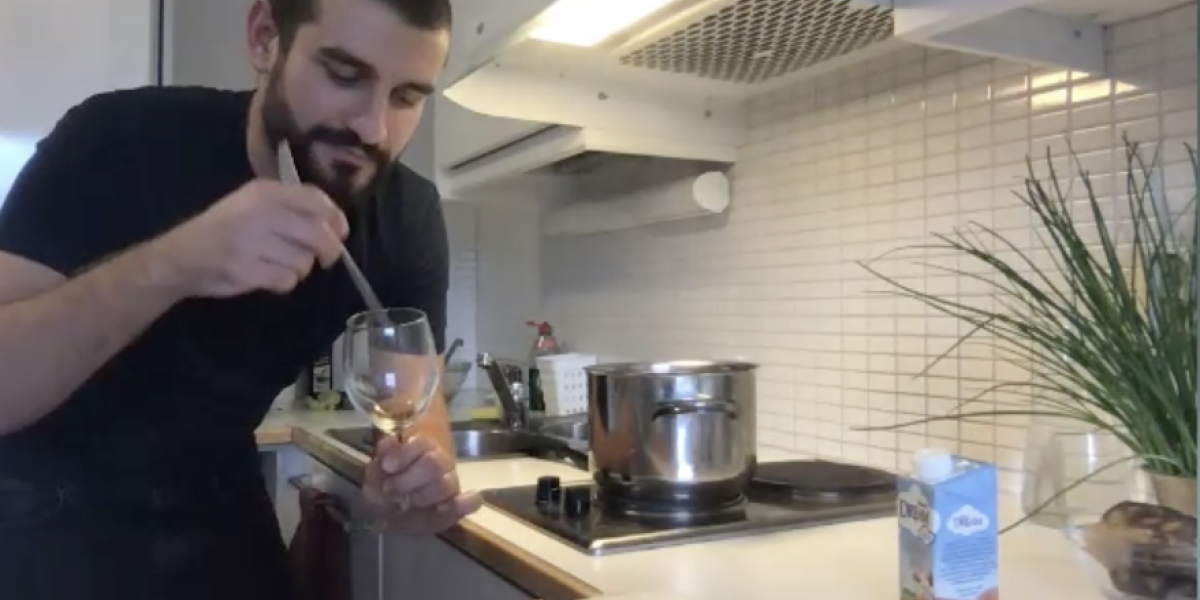
Cooking open science! is an Aalto university pilot experiment from 2021. Rubén Vicente sheds light on the project bringing together gastronomy and open science to inspire mindset change.
What is in common between open science and cooking? One might point out the sweet taste of progress while others could think of cryptic instructions leading to uncertain outcomes or the phrase with too many cooks spoiling the broth. Fortunately, Rubén Vicente knows better.
Vicente is a post-doctoral researcher and research manager, at the Department of Industrial Engineering and Management, at Aalto University with an academic background in science and technology (Aalto University) as well as in business management (University of Valencia) and innovation management (University of Barcelona and Grenoble School of Management).
In recent years, he has been exploring open science practices, principles and goals in the digital era as doctoral researcher and since 2021 as the coordinator of the working group on open science for the Unite! European University Alliance. Vicente came to Finland five years ago to understand how the institution of open science was emerging. One day, while having a coffee in Helsinki, he formed an analogy: If gastronomy has been one of the most shared and collaborative developed knowledge in human history, what can we learn from gastronomy to do better science?
Food is knowledge
A passion for gastronomy has led Vicente to explore local cuisines in his previous residencies in Spain, France and Belgium. One experience in particular turned out to become influential in terms of bringing together academics and gastronomy. During his own Erasmus exchange in Grenoble, Vicente participated in a course exploring the creative process in cooking by focusing on questions such as what is gastronomy about and what is the history of gastronomy. Vicente also recalls a workshop in a summer school in Canada where they would cook omelets while discussing management of creativity. He sums up: “We know that gastronomy has learned a lot from science, but if we deconstruct this idea from a philosophical point of view, what can science learn from the gastronomy field?”
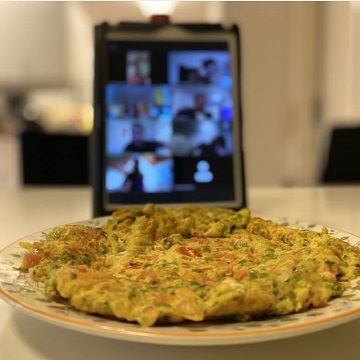
The ideas came together in 2021 as the basis for a new piloting experience: Cooking open science! both a doctoral level course and a research project for innovative education designed for testing different pedagogies and forming a new way of transferring the institution of open science to new colleagues. During the course, while learning the basics of open science, the participants got first-hand experience of what it means to openly share and produce knowledge by cooking. ”What are both open science and cooking about, if not sharing and producing knowledge? It’s all about sharing these ideas, data, methods, prototypes, results, also with new stakeholders and collaboratively developing knowledge”, Vicente further explains.
In practice, the course included six learning modules bringing together cooking and digitally enhanced learning. The participants, doctoral researchers from Aalto university, with laptops in their kitchens, shared the ingredients, methods, recipes and collaboratively cooked dinners while discussing the dynamics of open science and science in the digital era. ”There’s learning by playing and learning by doing, this is learning by cooking.” Vicente laughs.
From skill development to mindset change
One of the findings from Vicente’s previous research on implementing open science practices was that an open learning environment is one of the contextual factors to promote open science. Most open science training and workshops focus on tools, infrastructures and skill development, while there are no courses on mindset change. ”We need to move from skill development to mindset change”, Vicente explains. ”How can we expect to adopt open science practices if we are still thinking like traditional scientific practices?” The argument forms a strong pedagogical point of view.
For example, one of the initial findings from the project is centered on learning by using multiple senses. ”A participant from northern Finland shared an ingredient and instructions on how to use it with a participant from Helsinki; How to cook it, how to touch it. This is how new knowledge is acquired. It is also a study on learning”, Vicente emphasizes.
Interdisciplinarity or transdisciplinarity?
After the final gala in Aalto university, according to Vicente, the participants have gone and used open science practices in their work and research. ”They are really forerunners who work on amazing things. I hope that the course was inspirational for them.” Furthermore, the future might hold great deeds for the legacy of cooking open science. Vicente continues that there are even plans of going global. ”It would be amazing to get the funding to do new editions and to expand to other facilities in Finland, in the future, Europe and the rest of the world!”
After all, open science is essentially about surpassing borders and traditions. ”By using world wide data and new methods, by collaborating with other disciplines and also other stakeholders, it goes beyond interdisciplinarity, its transdisciplinarity.”
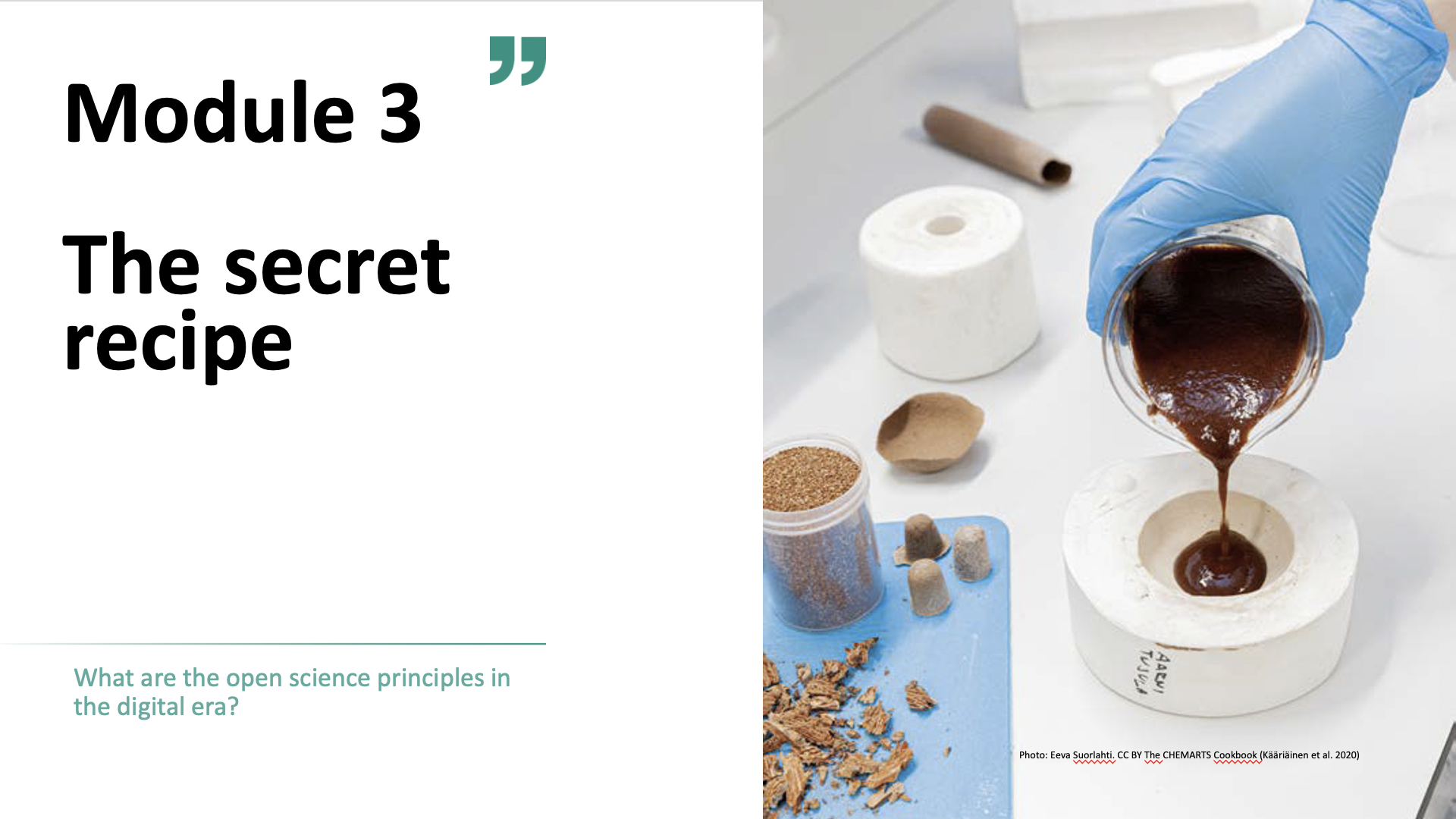
Get inspired about open science
Vicente gives credit to Aalto online learning -initiative for willing to provide support for the project. Also, with open science education, he emphasizes mindset change and the principles of continuous learning. ”Most people still understand open science as the sharing of knowledge. It is also about developing and producing collaboratively the knowledge that we are sharing: The second dimension, openness in the production of knowledge, collaborative development”, Vicente continues while emphasizing that there is still work to be done with implementing open science.
”We are all still part of the traditional institution of science. There is not a clear pathway to all of us yet because we are learning every day on how to work with new open science practices. The institution of open science is constantly evolving.” As for the plans for new editions for cooking open science, we are definitely hungry for more!
”Open science is science in the digital era, it is not some fancy slogan”, Vicente underlines. Sounds like a proper mindset for formulating a successful recipe.
Interview & text: Jonni Karlsson
The course was based on the following articles:
